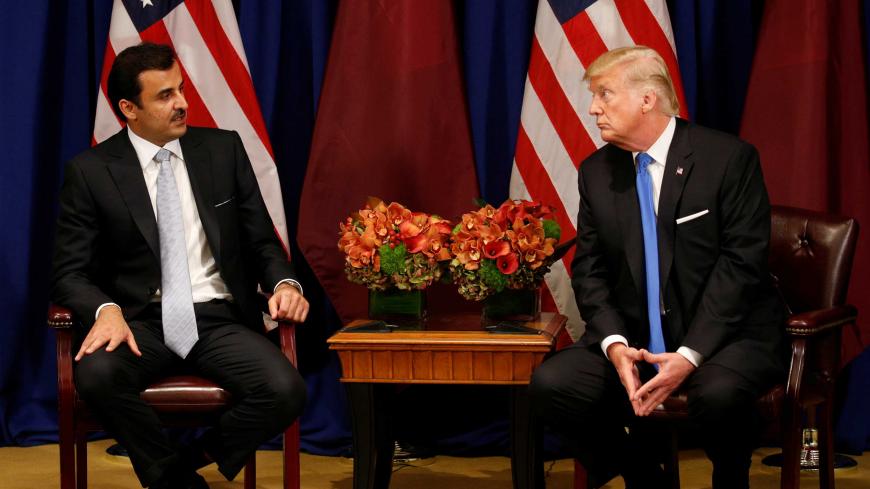On Oct. 25, the United States Department of Treasury and all Gulf Cooperation Council (GCC) states imposed sanctions on eight individuals and one business suspected of financing, facilitating and arming al-Qaeda in the Arabian Peninsula (AQAP) and Islamic State (IS) in Yemen. These sanctions are the first ones imposed by the joint US-Saudi Arabia-chaired Terrorist Financing Targeting Center (TFTC) — announced during Donald Trump’s visit to Riyadh for the Arab Islamic American summit in May — of which the five smaller GCC states are also parties.
The TFTC’s purpose is to enhance Washington and the Persian Gulf monarchies’ coordination in the disruption of terrorist financing, which the Trump administration has stressed is essential to defeat violent extremists. While speaking at an investment conference in Riyadh, Treasury Secretary Steven Mnuchin applauded the GCC members for agreeing to the “largest ever multilateral designation in the Middle East.”


